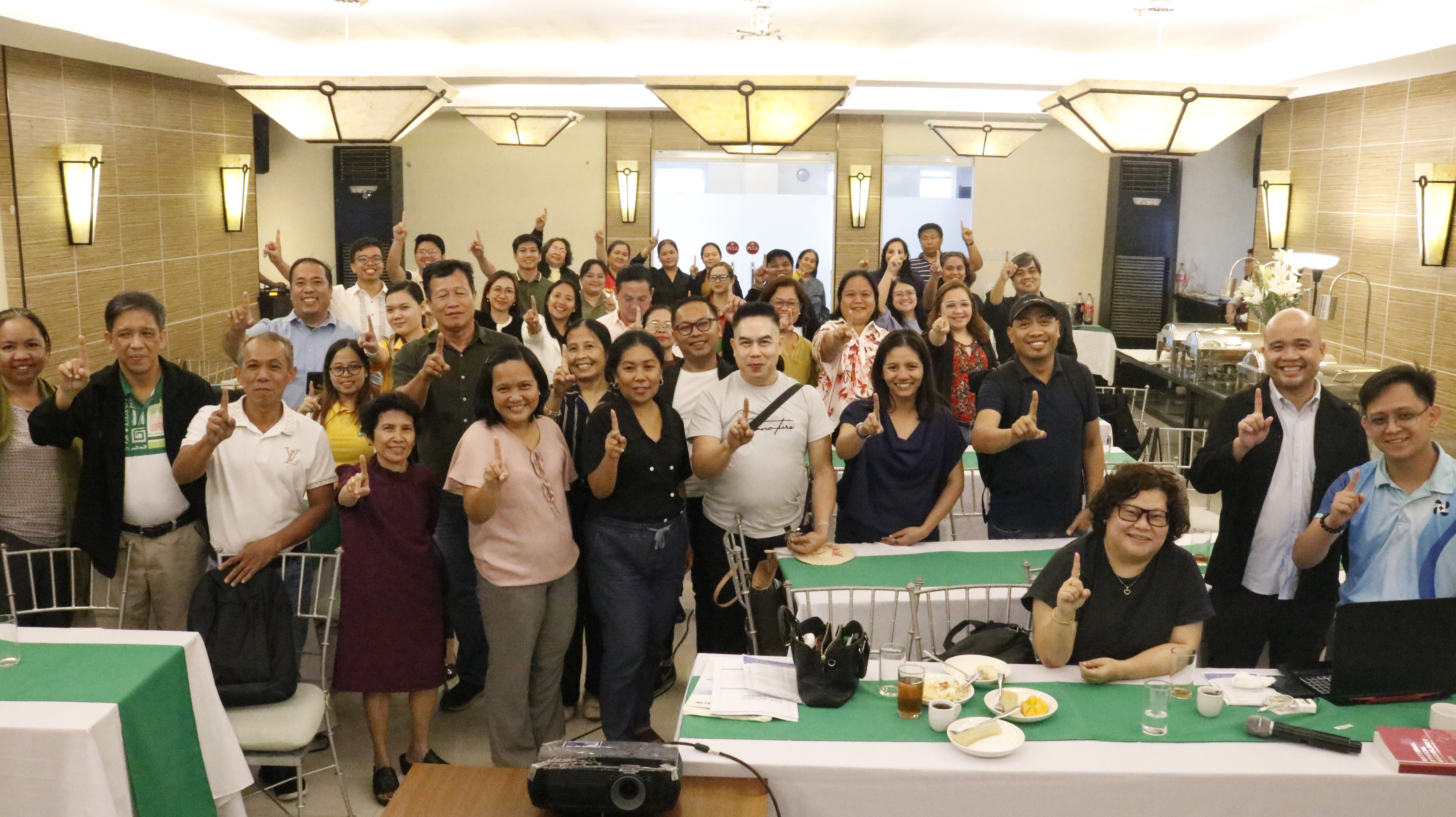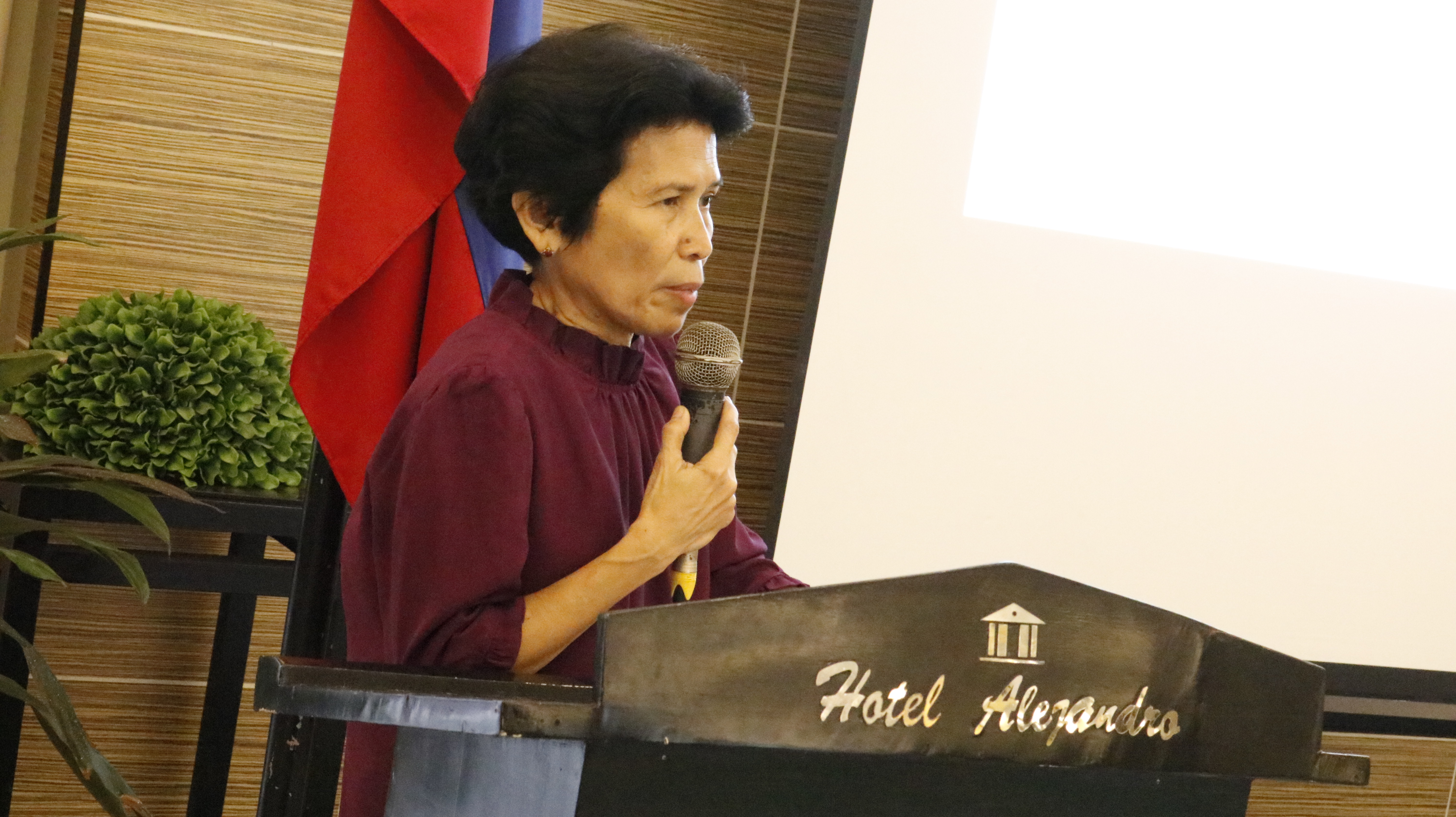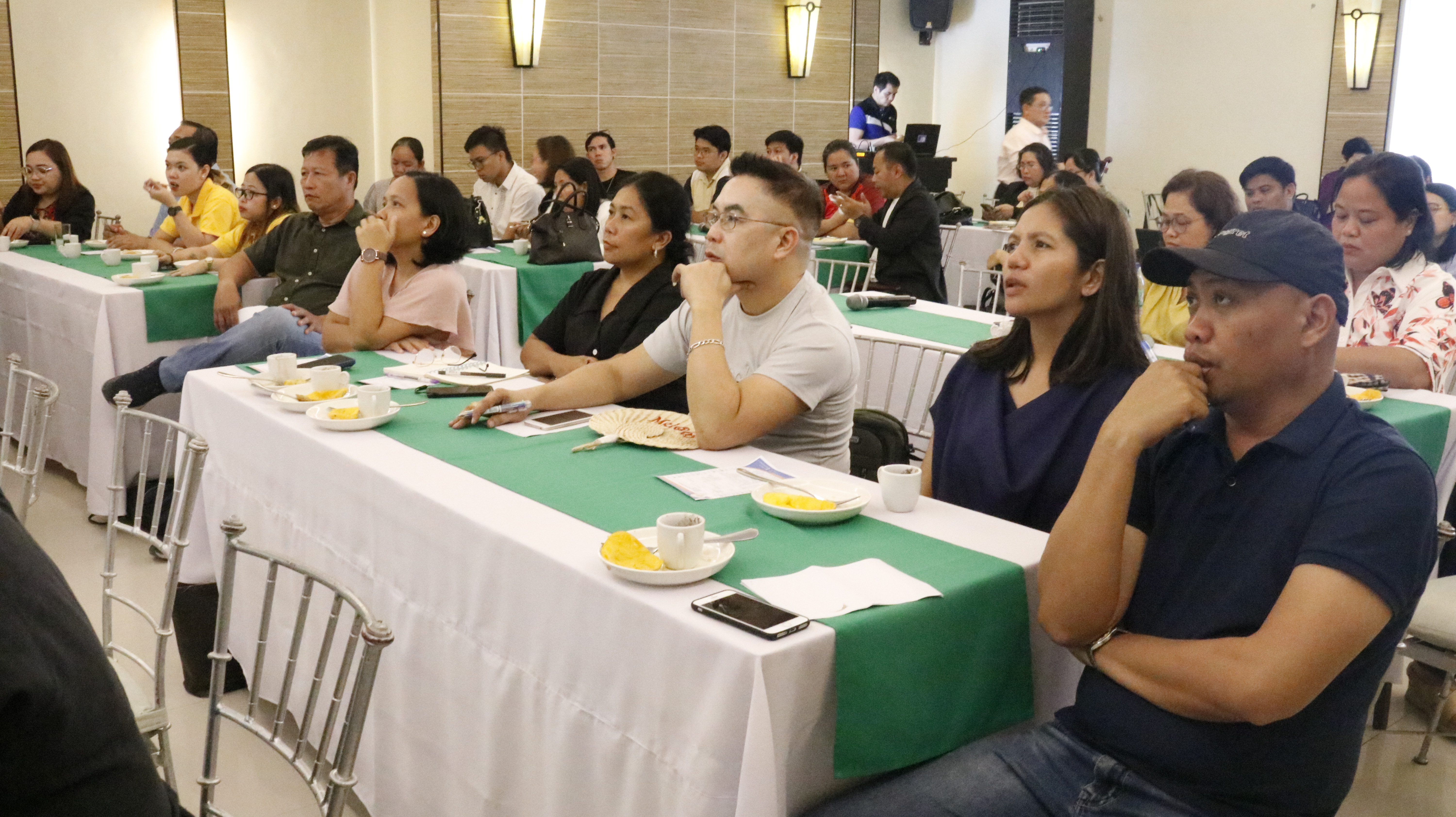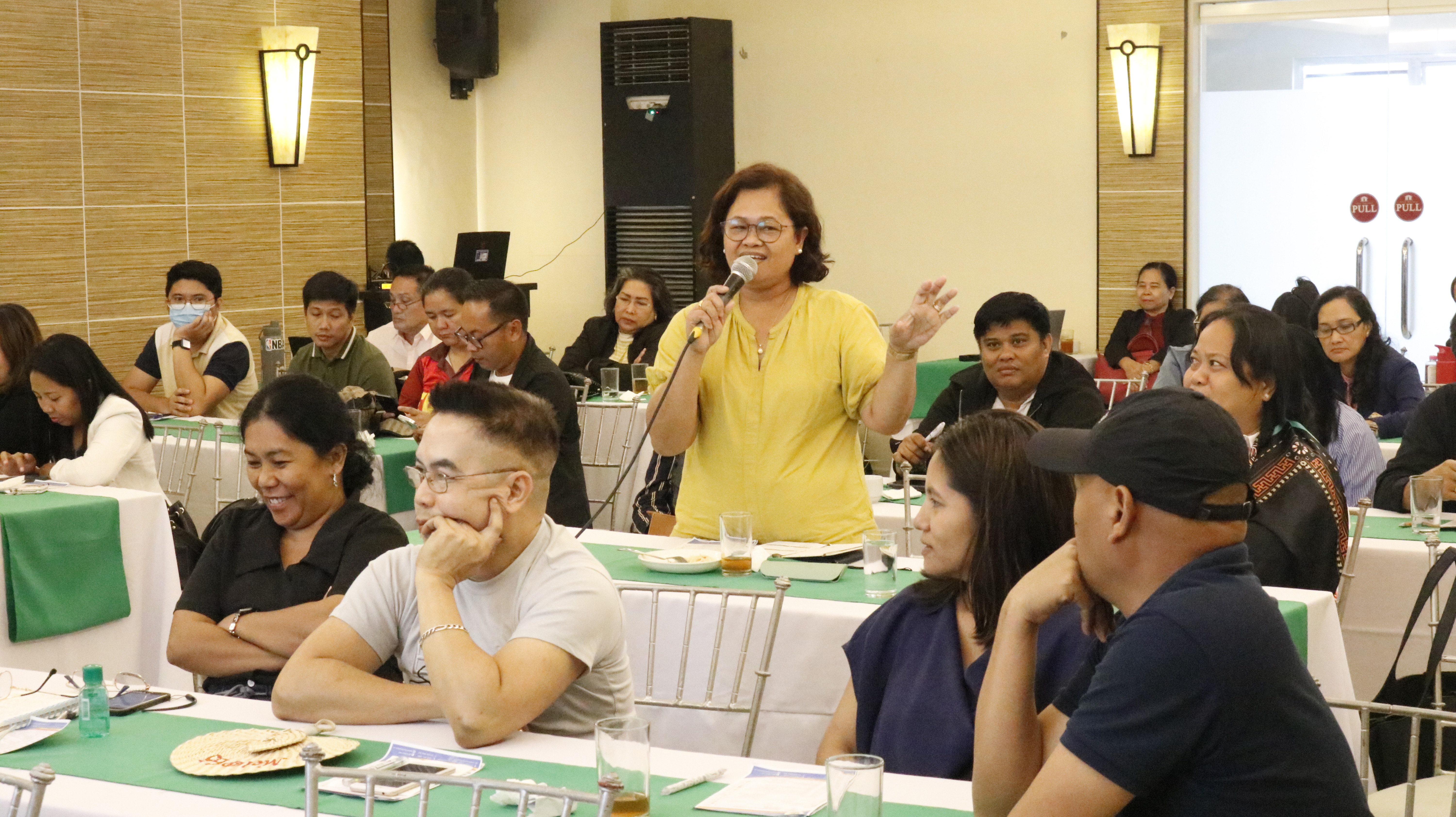Tacloban City – The Eastern Visayas Health Research and Development Consortium-Ethics Review Committee (EVHRDC-ERC), accredited by the Philippine Health Research Ethics Board (PHREB) as a Level II Research Ethics Committee, successfully hosted a lecture on ethics in health research on 22 August 2024.
The lecture aimed to educate member institutions, prospective members of institutional ethics review committees, as well as professional and student researchers in the region. It focused on the provisions of the EVHRDC-ERC's Standard Operating Procedures (SOP) and highlighted the critical importance of securing ethical clearance for research projects involving human participants.
In her opening remarks, Dr. Jane R. Borrinaga, Chairperson of the EVHRDC-ERC, underscored the importance of the lecture, stating, "This lecture is crucial for promoting a culture of ethical research practices in Eastern Visayas, ensuring that research involving human participants adheres to the highest standards."
The lecture featured a range of topics delivered by the EVHRDC-ERC members, including:
History and Overview of National and International Guidelines in Health Research Ethics - Engr. Florentino L. Quiñones
Good Clinical Practice History and Introduction - Dr. Jose Carlo K. Del Pilar
Elements of Informed Consent - Ms. Noreen S. Buhat
Ethical Considerations in Protocol Development - Dr. Jane R. Borrinaga
Risk Assessment in Research - Dr. Jane R. Borrinaga
Ethical Issues in Social Science Research - Dr. Sarah B. Delorino
Conflict of Interest - Atty. Alma Sonia Sanchez-Danday
Applying the Data Privacy Act and Confidentiality of Health Information - Atty. Alma Sonia Sanchez-Danday
The ERC, PHREB SOP, and Conduct of Ethical Clearance - Dr. Jane R. Borrinaga
Post-Approval Reports and the Role of Primary Investigators - Ms. Erleta S. Pinero
Application for EVHRDC Ethics Review - Mr. Raymond G. Campo
By providing a comprehensive overview of these key topics, the EVHRDC-ERC reinforced the essential role of ethics in health research. The discussions underscored the need for adherence to ethical guidelines and the responsibilities of researchers and ethics committees to maintain high standards in all research activities involving human participants.
The event saw enthusiastic participation, with 50 attendees present onsite and an additional 86 joining virtually. Attendees received valuable insights into ethical guidelines and standards essential for protecting the rights, safety, and well-being of human subjects in health research.













